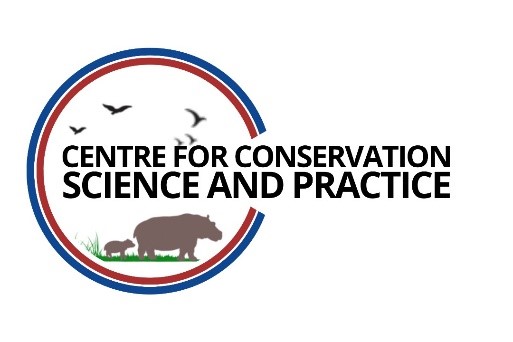
Degree Program Master's in Conservation Science and Practice
Our flagship program is the Master's degree in Conservation Science and Practice. This rigorous, interdisciplinary program provides students with a comprehensive understanding of conservation principles and practices, combining classroom learning with hands-on fieldwork.
- Core Curriculum: Covering key topics such as conservation biology, ecology, environmental policy, and sustainable management.
- Fieldwork Opportunities: Gain practical experience through fieldwork in diverse ecosystems, from tropical rainforests to arid deserts.
- Research Projects: Engage in cutting-edge research projects that address real-world conservation issues.
- Expert Faculty: Learn from leading conservation scientists and practitioners with extensive experience in the field.
- Career Support: Benefit from career services that include job placement assistance, networking opportunities, and professional development workshops.

Short Certificate Courses Specialized Certificate Courses.
In addition to our Master's program, we offer a variety of short courses designed for professionals, students, and anyone interested in conservation. These courses provide targeted training in specific areas of conservation science and practice.
- Geospatial Analysis for Conservation: Learn to use GIS and remote sensing tools to analyze and manage conservation data.
- Biodiversity Informatics: Explore techniques for collecting, managing, and analyzing biodiversity data.
- Conservation Leadership: Develop the skills needed to lead conservation projects and initiatives effectively.
- Wildlife Monitoring and Management: Gain practical skills in monitoring and managing wildlife populations.

Conservation and Biodiversity Projects Research Projects for Impact
Our centre is at the forefront of biodiversity research, conducting projects that aim to understand and preserve the planet's biological diversity. We collaborate with a wide range of partners, including academic institutions, non-profit organizations, and government agencies.
- Species Conservation: Investigating the biology and conservation needs of threatened and endangered species.
- Habitat Restoration: Developing and implementing strategies to restore degraded habitats and ecosystems.
- Climate Change Impact: Studying the effects of climate change on biodiversity and developing adaptive management strategies.
- Community-Based Conservation: Working with local communities to develop sustainable conservation practices that benefit both people and nature.
